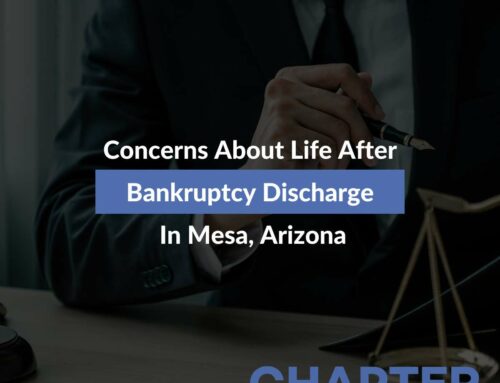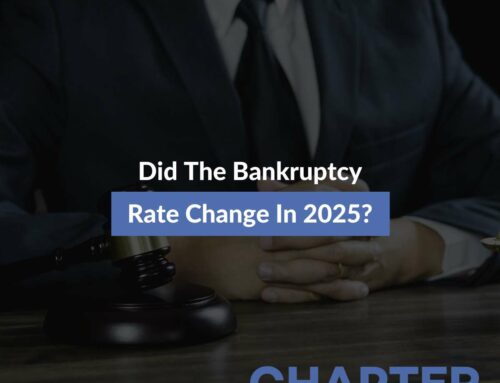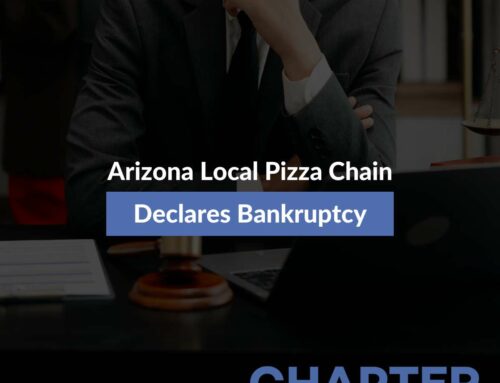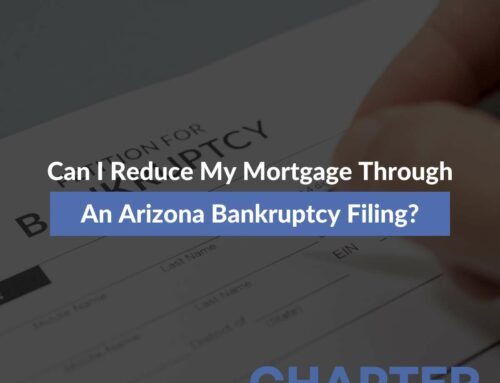Read On To Learn More About This Controversial Bankruptcy Method And If It Can Be Utilized In Arizona
There are several types of bankruptcy filings that have informal nicknames. For example, an emergency bankruptcy filing is also called a skeleton filing, and a conversion between chapter 7 and chapter 13 can sometimes be called a chapter 20. Even less common is the Texas Two-Step bankruptcy. If you haven’t heard of this type of bankruptcy filing, it’s probably because it is primarily used by large corporations looking to shed liability after mass tort claims, rather than average individuals seeking to clear debts with personal bankruptcy. Continue reading for more information about Texas Two-Step bankruptcy filings, and how lawmakers have responded. If you’re considering filing your own bankruptcy petition in the state of Arizona, our skilled lawyers serve clients through Phoenix and Tucson. Get started with your case evaluation today, free of charge- call 480-405-1010.
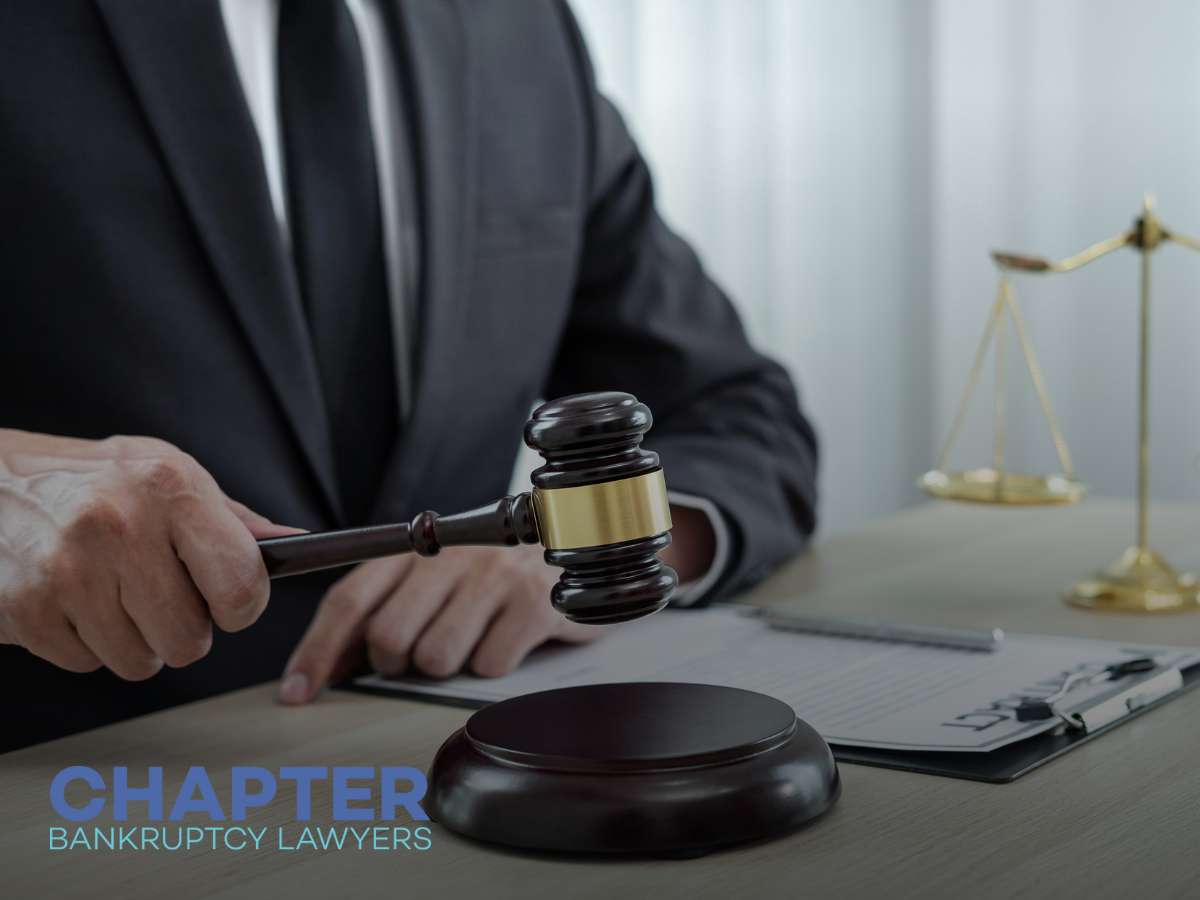
What Is A Texas Two-Step Bankruptcy?
The first step of a Texas Two-Step bankruptcy filing involves taking advantage of Texas corporate law to split a corporation into two entities. One of these entities will inherit assets, and the other one is responsible for liabilities, such as financial judgments from lawsuits. This allows the first company to hold onto valuable assets while the second company clears its liabilities through filing for bankruptcy, which is the second step in a two-step bankruptcy. But bankruptcy isn’t meant to help corporations with millions or even billions of dollars shield themselves from liability- it is meant as a last resort for those struggling with debts and in need of financial protection. So when companies like Johnson & Johnson and Georgia-Pacific utilize the loophole in Texas law, it can be a cause for concern.
Johnson & Johnson has faced multiple lawsuits over the years regarding their talc products. Its baby powder and similar products allegedly contained asbestos that have caused deadly forms of cancer in customers. Despite claims that its products are safe, Johnson & Johnson has already attempted bankruptcy twice to avoid paying out on product liability claims. Prior attempts were thwarted by the court’s opinion that Johnson & Johnson’s subsidiary, LTL Management, was not in financial distress and therefore not in need of bankruptcy. Johnson & Johnson has attempted a third filing which, if successful, would leave 61,000 claimants without compensation or a method of recourse for injuries caused by the company’s products. Even if the bankruptcy case is eventually dismissed, delays can result in plaintiffs passing away before they get to pursue their claims.
Lawmakers’ Response
When plaintiffs are unable to collect injury awards after significant damages, the public ultimately pays the price. Therefore, lawmakers must act to prevent wealthy businesses from abusing the bankruptcy process. Two senators from opposite sides of the aisle have introduced the Ending Corporate Bankruptcy Abuse Act of 2024 to stop situations similar to Johnson & Johnson’s bankruptcy case. Sheldon Whitehouse is a Democrat from Rhode Island and Josh Hawley is a Republican from Missouri. Despite the current tense political environment, these two senators were able to find common ground on the need to keep major corporations from shirking responsibility for harmful and dangerous acts.
The Different Chapters Of Personal Bankruptcy
A Texas Two-Step Bankruptcy would cost more for the average individual to execute than to follow the limitations set forth by the standard forms of personal bankruptcy. Most people also don’t meet the residency requirements to file a bankruptcy in Texas. If you are considering a personal bankruptcy filing in Arizona, your selection will most likely be between chapter 7 and chapter 13, although chapter 11 can be the most effective under certain circumstances. To review your circumstances and determine which form of bankruptcy is best for you, schedule your free consultation today at 480-405-1010.
Chapter 7 Bankruptcy
Chapter 7 bankruptcy is the #1 most filed type of bankruptcy in Arizona and the United States as a whole, but not everyone is eligible to file. It is only effective against debts that are unsecured and have non-priority status, such as medical bills, credit cards, and personal loans. It will not clear secured debts like home mortgages and auto loans, nor will it clear priority debts like child support and some taxes. Additionally, the debtor must meet certain income restrictions to file for chapter 7, or their case could be dismissed. The debtor’s household income must either fall below the state median income for their household size or pass a measure of disposable monthly income known as the means test.
Once a debtor has proven their eligibility for chapter 7 bankruptcy, it comes with massive benefits. The automatic stay goes into effect once the petition is filed, protecting the debtor from lawsuits, wage garnishments, and more. It can clear extensive debts and only takes a matter of months from start to finish. This creates an opportunity to move forward with a clean slate after the case has been discharged. The debtor can also protect significant assets from the bankruptcy process using exemptions. For more information about filing for chapter 7 bankruptcy in Phoenix or Tucson, call 480-405-1010 for your free consultation.
Chapter 13 Bankruptcy
When household income is too high to qualify for chapter 7 or bankruptcy exemptions are insufficient to protect a debtor’s assets, they may turn to chapter 13 instead. Chapter 13 requires that a debtor have stable and sufficient income to pay their debts over the course of three or five years. Debtors in chapter 13 bankruptcy can pay off car loans, home mortgages, arrearages of secured debts, and more. It is the only bankruptcy option for debtors looking to stop a child support wage garnishment or clear secondary mortgages on their home. Do you want to know how much you would have to pay each month in chapter 13 bankruptcy, and for how long? Schedule your free consultation with one of our experienced Arizona debt relief professionals today at 480-405-1010.
Chapter 11 Bankruptcy
It isn’t very often that you hear of an individual filing a personal chapter 11 bankruptcy. It is better known for saving major companies from collapse so they can continue operating. Unless they qualify for a special exception, a debtor’s top creditors join to form a committee in chapter 11 bankruptcy. The committee has a great deal of control over how the case turns out, but small businesses can skip the committee if their debts fall within certain limits. For most people considering personal bankruptcy in Arizona, chapter 7 or chapter 13 is a more appropriate option.
Prepare A Scandal-Free Filing With Our Arizona Bankruptcy Team
It’s unlikely that politicians will introduce legislation in response to your personal bankruptcy filing, but it’s always best to file your case with a skilled professional to prepare for any objections or issues along the way. There are plenty of strategies besides a Two-Step bankruptcy that are perfectly legal and can help you get the most out of your filing. After a full review of your situation, one of our experienced bankruptcy professionals can walk you through your options for debt relief in Arizona. If bankruptcy is the right fit for you, we can also determine your eligibility for our Zero Down payment plan option. Get started today for free by calling 480-405-1010.
CHAPTER BANKRUPTCY LAWYERS
Email: [email protected]
Website: www.chapterbankruptcylaw.com
Mesa Office
3707 E Southern Ave
Mesa, AZ 85206
Office: 480-405-1010
Tempe Office
4500 S Lakeshore Dr #300
Tempe, AZ 85282
Office: 480-562-6145


